‘Am I Latino? Am I Black?’ Growing Up Biracial In Los Angeles
Originally published in L.A. Taco
by Christopher Martinez
As an Afro-Latino, growing up in Los Angeles was quite different from someone who is not of mixed ethnicity. I have always had a constant battle within oneself, Am I Latino? Am I Black? Feeling as though I always had to pick between two cultures.
I grew up not speaking Spanish and that is something that affects me until this day. Having grandparents that I cannot speak to because they do not speak English has always been a battle. As a kid I didn’t know any better and let the uncertainty affect my identity as "less Latino." As I grew older the divide between identifying my ethnicity only grew more and more troubling.
As I got older walking around Los Angeles once again made me feel that I didn’t belong. Going into stores and automatically being spoken to in Spanish. Having to let the employee know I do not speak Spanish and endlessly getting the same response: “You’re Latino, aren’t you? What kind of Latino doesn’t speak Spanish?”
At the same time when I would spend time with the Black side of my family, I was always a little distanced from them. I felt that they never really saw me as their cousin since I wasn’t fully Black. I still attended family parties as a kid but as I got older I received fewer and fewer invitations.
Scenes from a Black and Brown unity rally in DTLA in 2020. Photo by Kemal Cilengir for L.A. TACO.
There came a turning point during the Black Lives Matters protest where one side of me was outraged and wanted to protest and make a difference. But on the other hand, I thought to myself, “Do you even know who you are?”
As the protest continued to grow across the country, I decided to attend my first Black Lives Matter Protest, in Bellflower. I was nervous on the drive over. All I could think was, “What are you doing? We need to do this, or do we?”
I arrived at the protest to roughly five people standing around. After about 25 minutes and scrolling through Twitter to see what else was going on across the globe, I looked up to see more than 90 people had gathered.
Everyone stood side by side, some had linked arms, while others passed out pamphlets on what to do if you are arrested or detained. As the protest organizer began to speak and we took a knee to honor George Floyd, I once again thought to myself, “Should I be here?”
Then I peeked to my right to see a kid, holding his father's hand as he waved at me. At that moment, I realized that regardless of what we look like we can all stand for the same cause and it doesn't matter where we come from or what language we speak, we are all the same. At that moment, I stopped for a minute and thought back to growing up in Los Angeles, and how I felt like I never really knew who I was.
Scenes from a Black and Brown unity rally in DTLA in 2020. Photo by Kemal Cilengir for L.A. TACO.
Jumping forward to Black History Month this year and after learning more about my history and becoming one with both sides of my ethnicity, I finally feel as though I belong not to just one side but that I am a blend of both. I get to cherish two cultures and celebrate a whole month where I can learn more about my culture and where I come from. Not just who I am but, what makes me who I am.
I have learned that Black History Month is not just to celebrate the sacrifices and the culture. It’s a time to open up oneself and truly reflect on who I am and what being Afro-Latino means to me. I am both Black and Latino—not just one or the other, and both should be celebrated.



